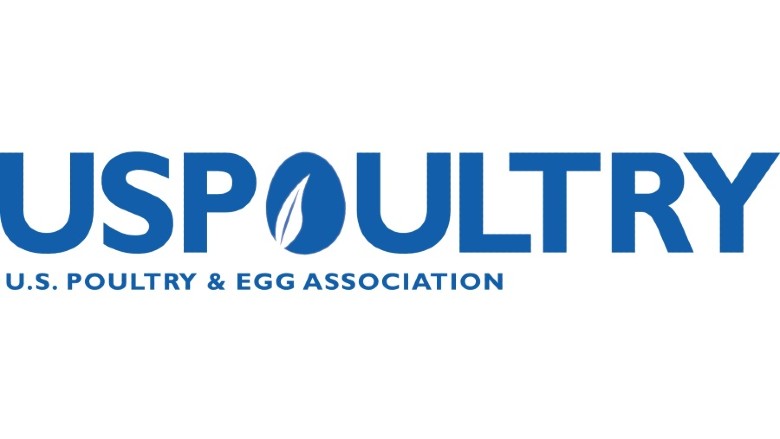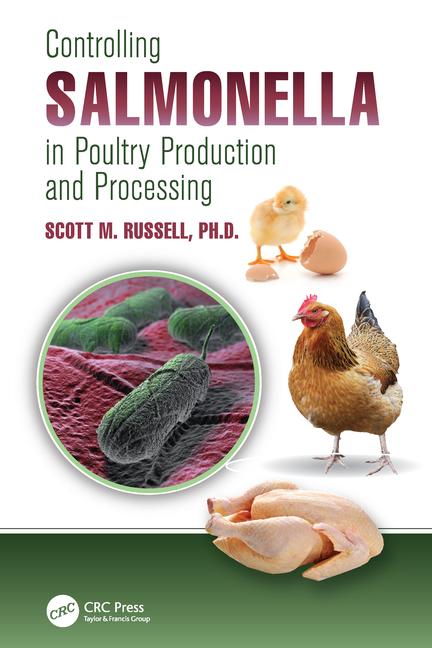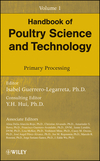USPOULTRY’s 2023 Poultry Protein & Fat Seminar emphasizes safe operations, customer expectations and employee retention
The importance of fire safety and prevention was discussed in a panel.

Rendering professionals from around the country recently gathered in Nashville, Tenn., for USPOULTRY’s 2023 Poultry Protein & Fat Seminar.
Presentations were offered on an array of topics including regulatory updates, process validations, wastewater treatment, customer expectations, effluent management and more.
Recognizing that turnover is a universal challenge, a panel discussion with Dr. Ken Wilson, director of business solutions, 3D Corporate Solutions; Chad Freeman, plant manager in the 3D Corporate Solutions’ Monett, Mo., plant; Josh Singleton, plant manager in Tyson Foods’ Hanceville, Ala., plant;; and Cody Gallagher, Pilgrim’s HR director, explored recruiting and retaining rendering plant professionals. Key aspects of the discussion were training on a one-on-one basis and extending beyond the task to be accomplished to include how the specific training relates to the overall company strategy and increasing employees’ feeling of belonging. Job fairs, sign-on bonuses, benefits being made available sooner than typical, sharing the time off schedule and, in some cases, relocation assistance, were named as some ways to attract new employees.
Art Riddick, director of operations protein at Darling Ingredients Inc. in Irving, Texas, discussed wastewater treatment processes, reviewing general concepts and proceeding through primary and secondary treatment. The stepwise nature of treatment was emphasized, noting that prevention of issues was crucial since downstream processes rely on the quality of the incoming wastewater. He explained that exceeding the design capacity of a system will prevent it from working most effectively and can cause further issues. Riddick advised wastewater operators to be vigilant for warning signs of trouble in their systems by carefully monitoring the various inputs, as this can prevent costly efforts to restore the system.
The importance of fire safety and prevention was discussed in a panel with Dan Crowe, director of operations protein for Pilgrim’s in Mt. Pleasant, Texas, Nathan Martin, safety / HR manager for Fieldale Farms in Baldwin, Ga., and Barry Griffith, senior managing engineer with Tyson Foods. The panel agreed that one of the most important considerations in preventing fires is housekeeping. They shared various points in the operation that are especially vulnerable if not well maintained and agreed that planning ahead for maintenance work was a key aspect of fire safety.
Dr. Carl Frame, technical services manager for Kemin Animal Nutrition, spoke about technology and best practices that can improve product quality and value. He noted that incoming raw material can be treated with organic acids. Acidification of the offal reduces microbial degradation, thus reducing odors and the production of noxious gases. He also presented a research study that demonstrated the effectiveness of various concentrations of these organic acids compared to untreated offal.
Source: USPOULTRY
Looking for a reprint of this article?
From high-res PDFs to custom plaques, order your copy today!




.jpg?height=200&t=1666223297&width=200)


